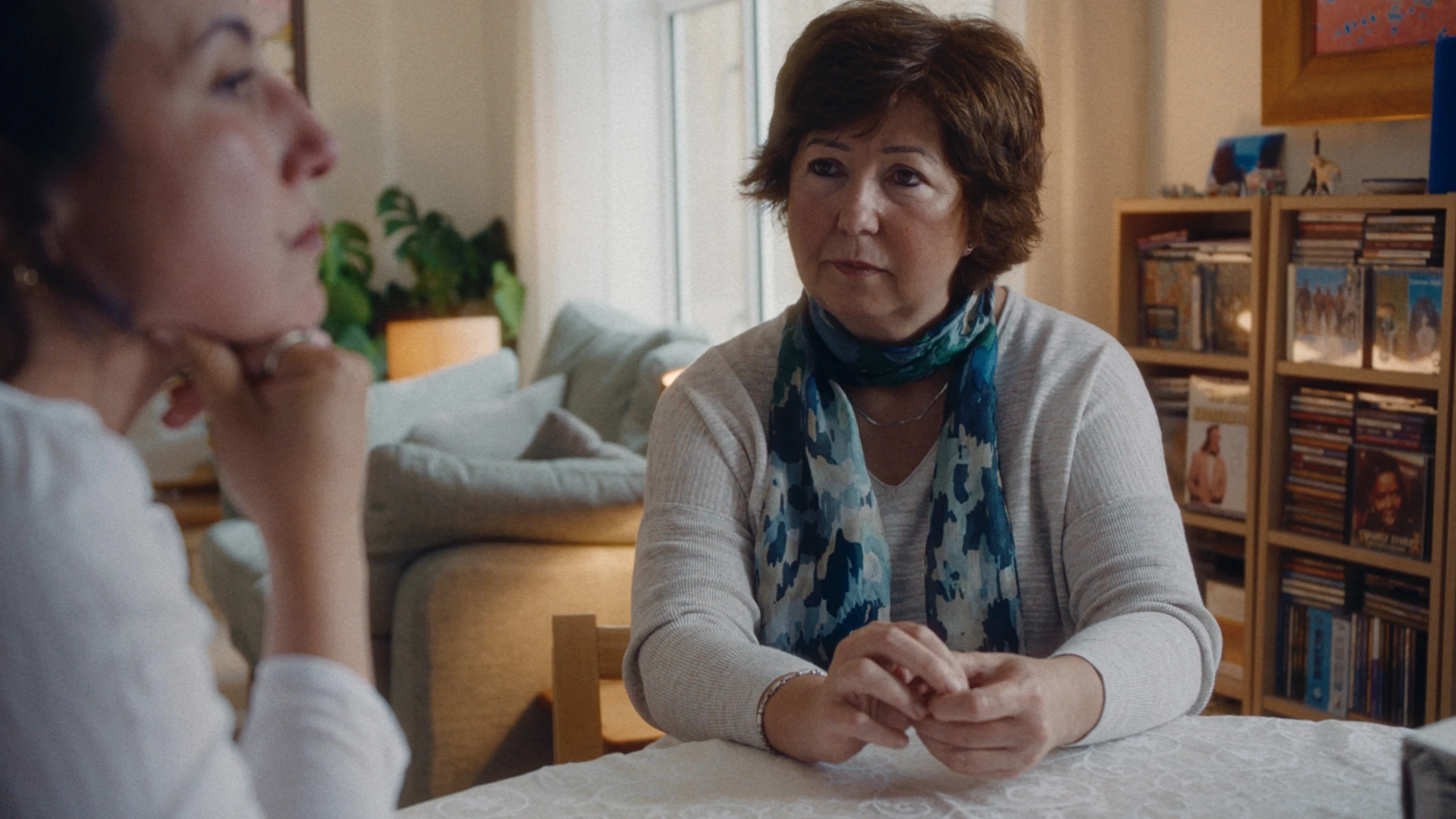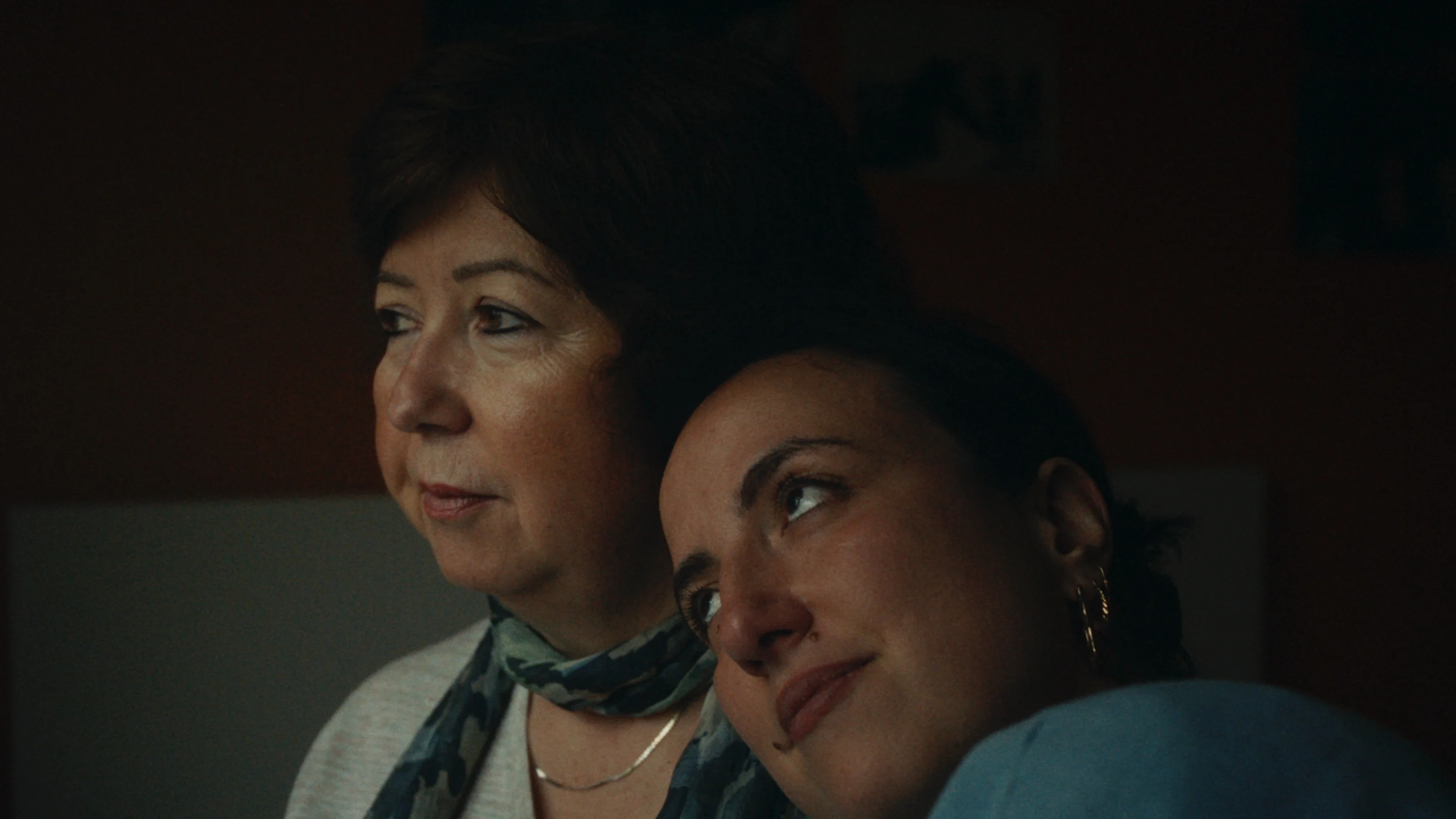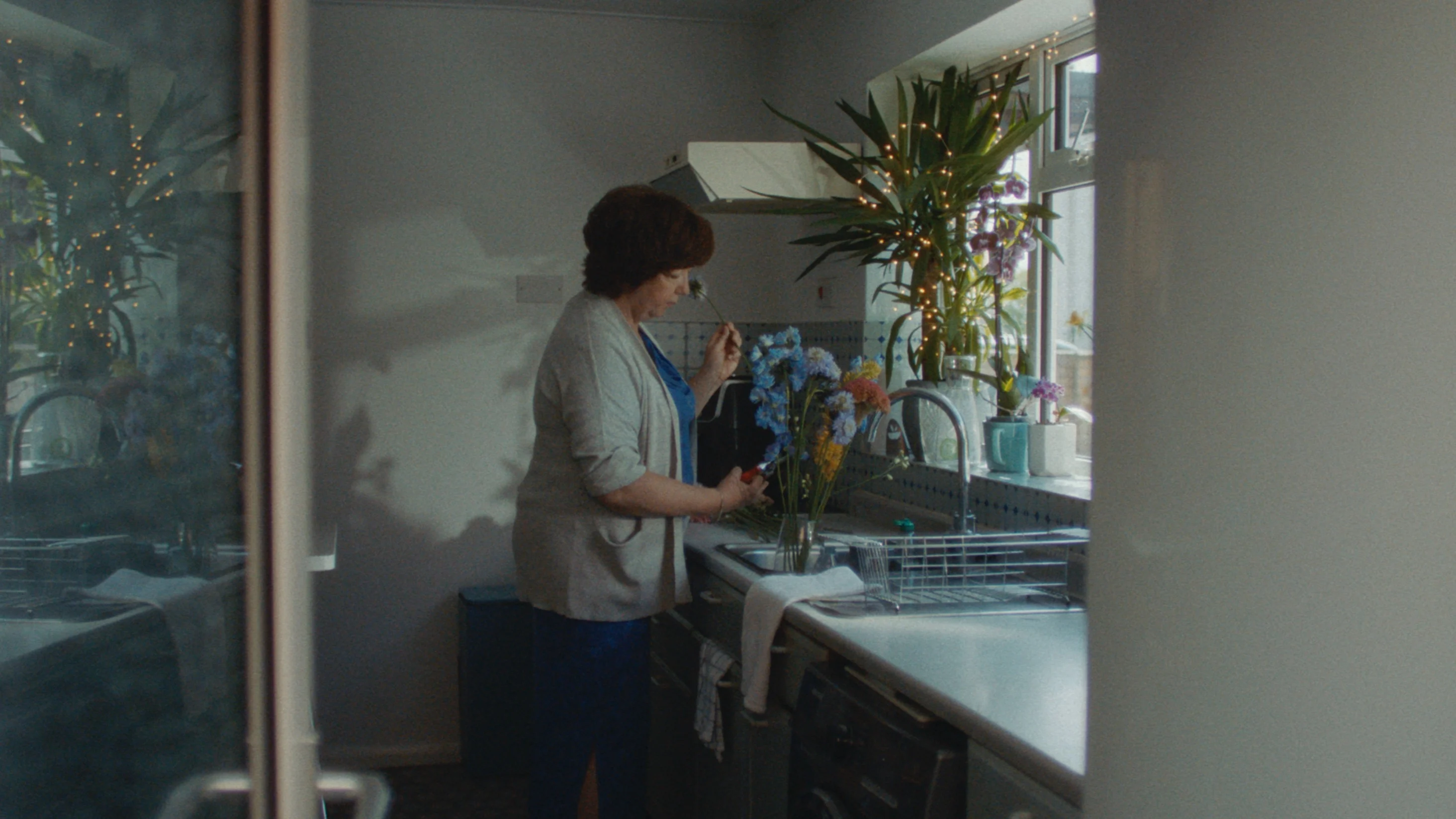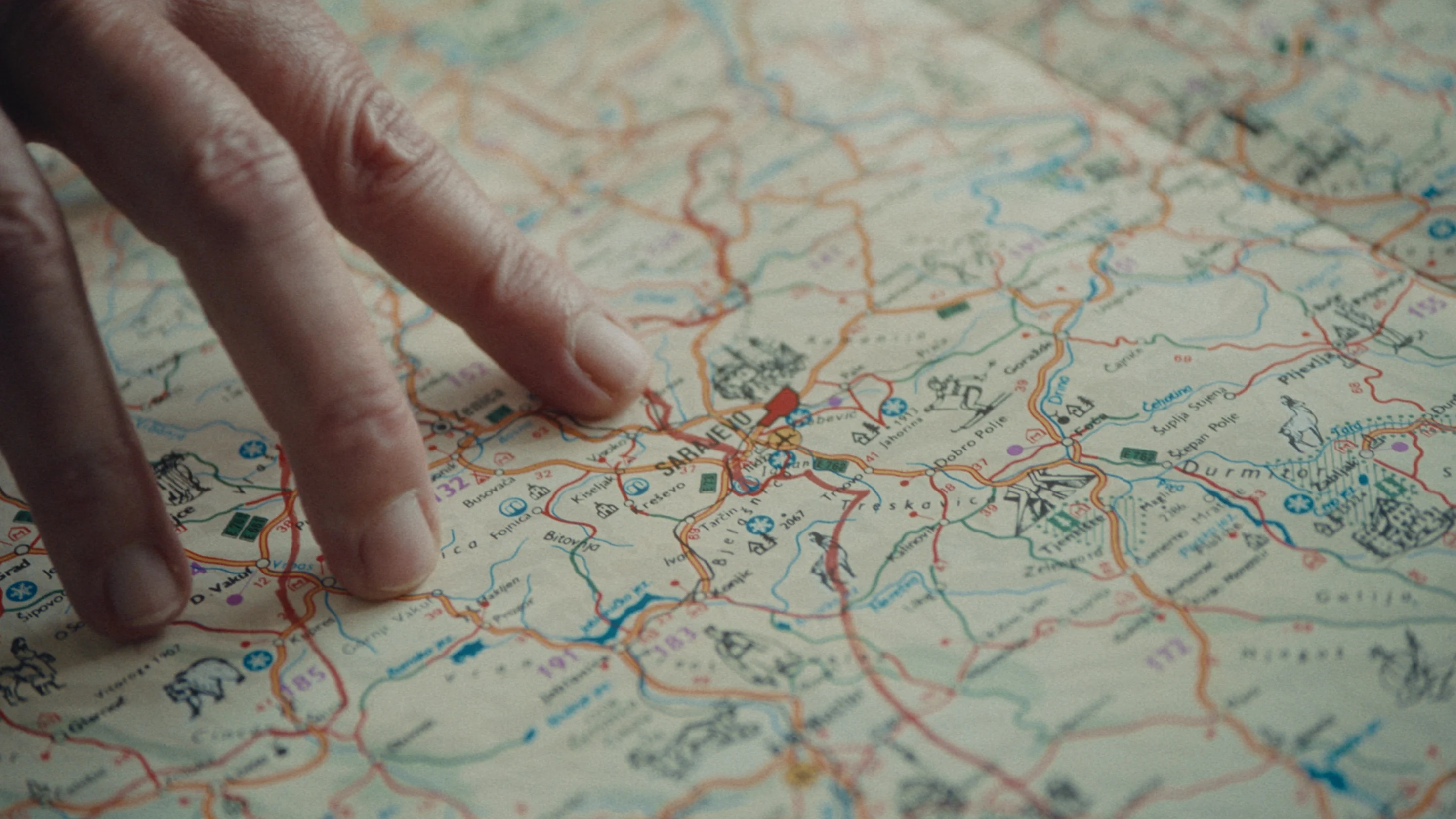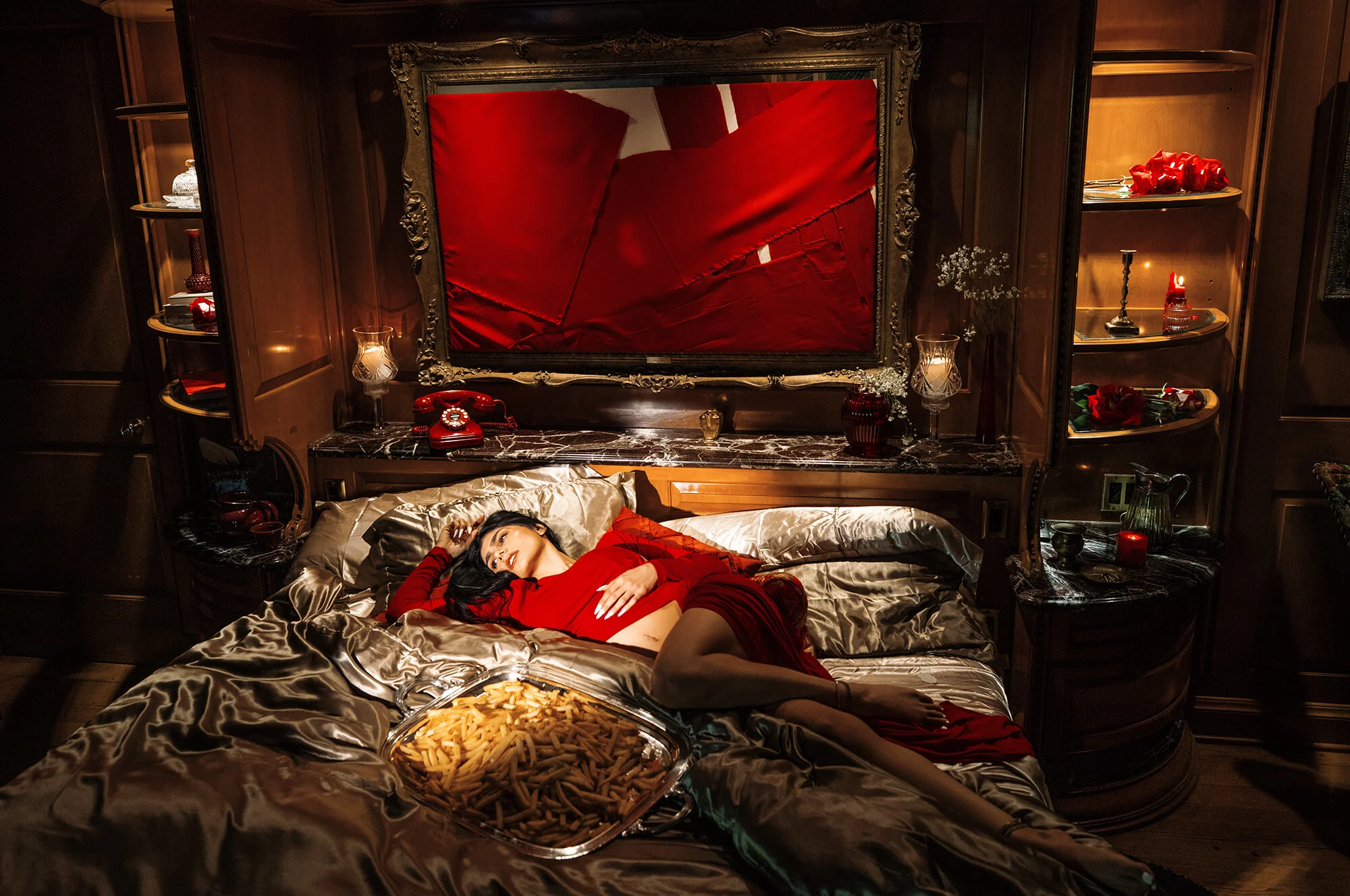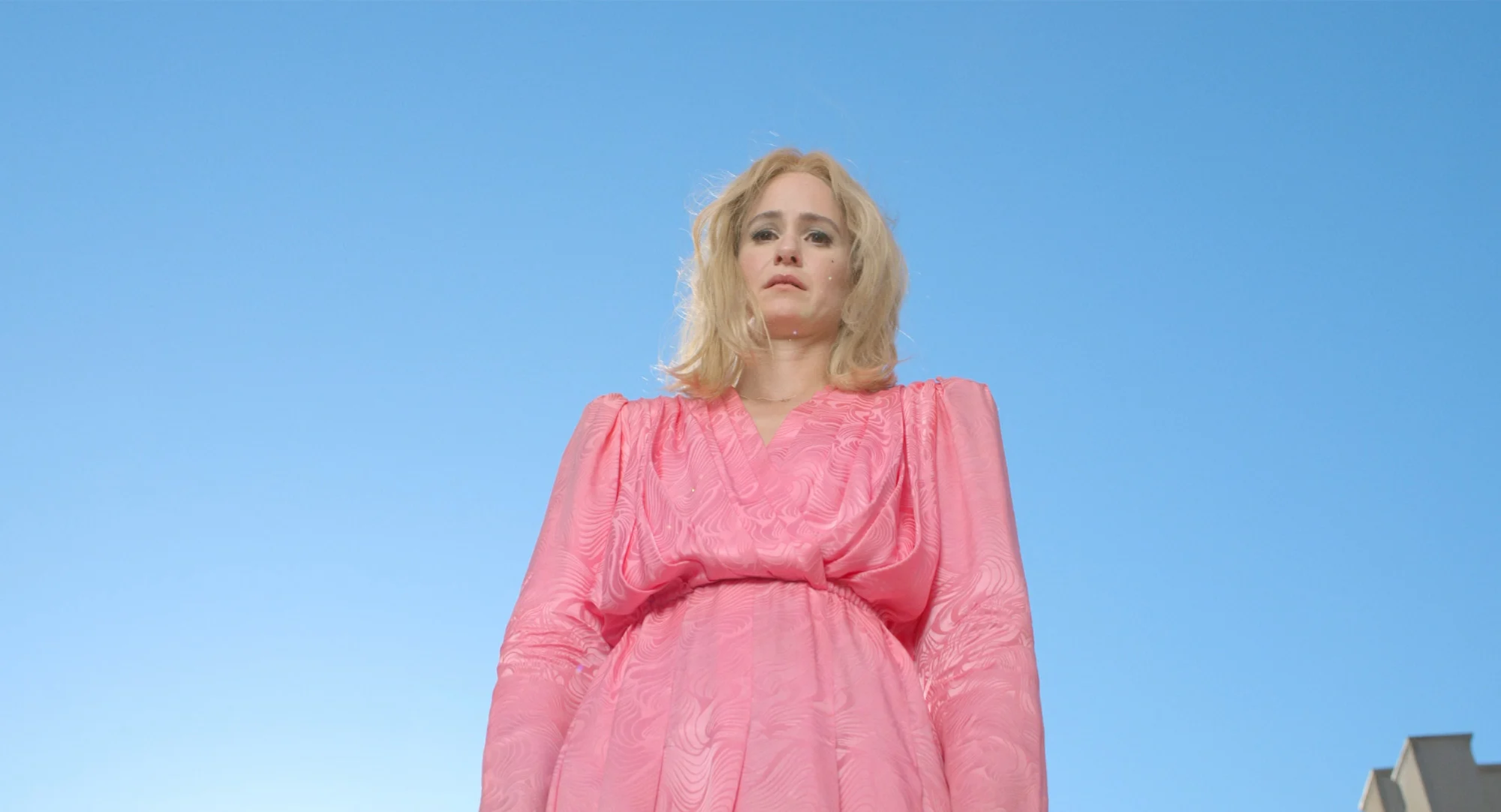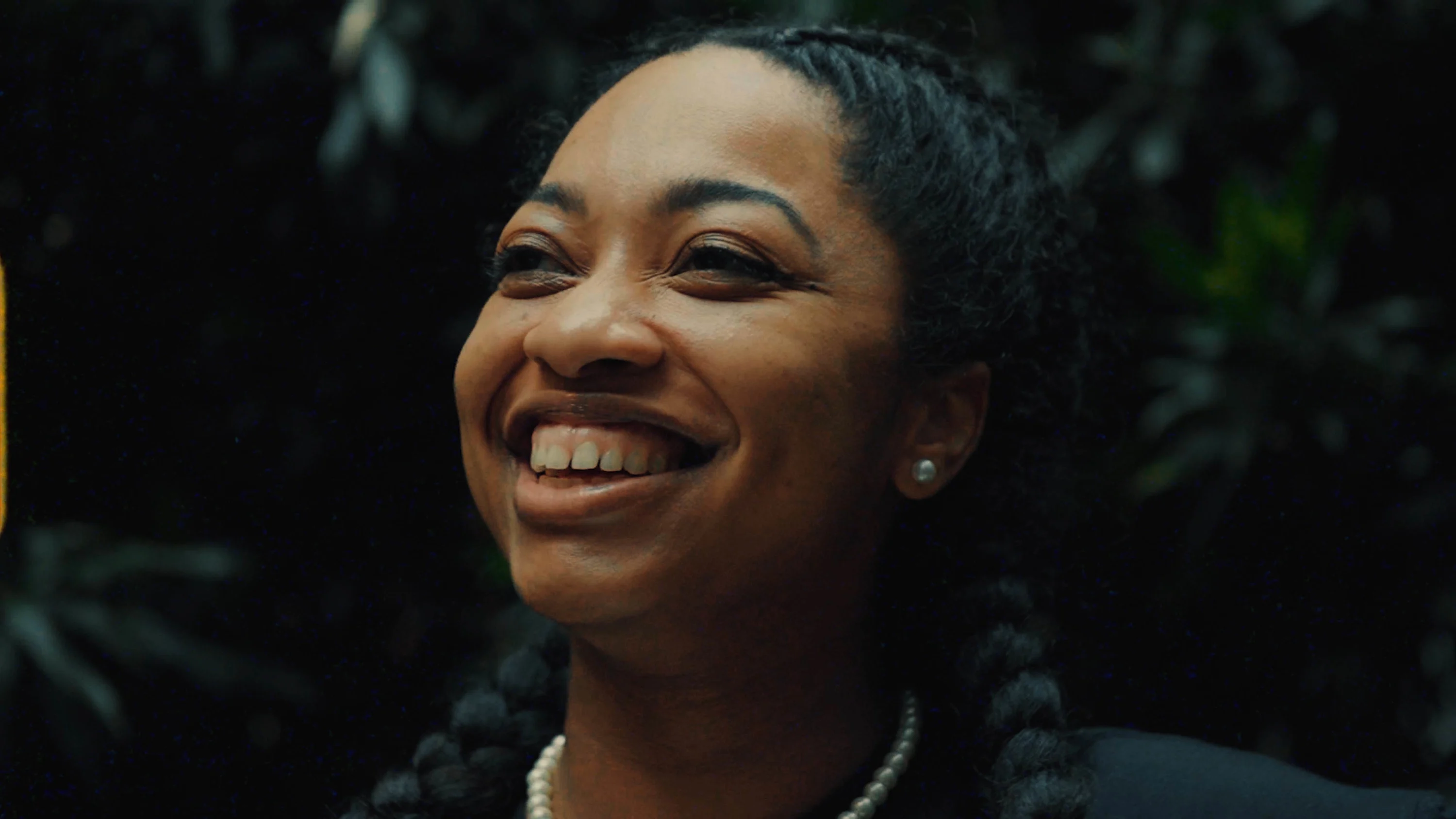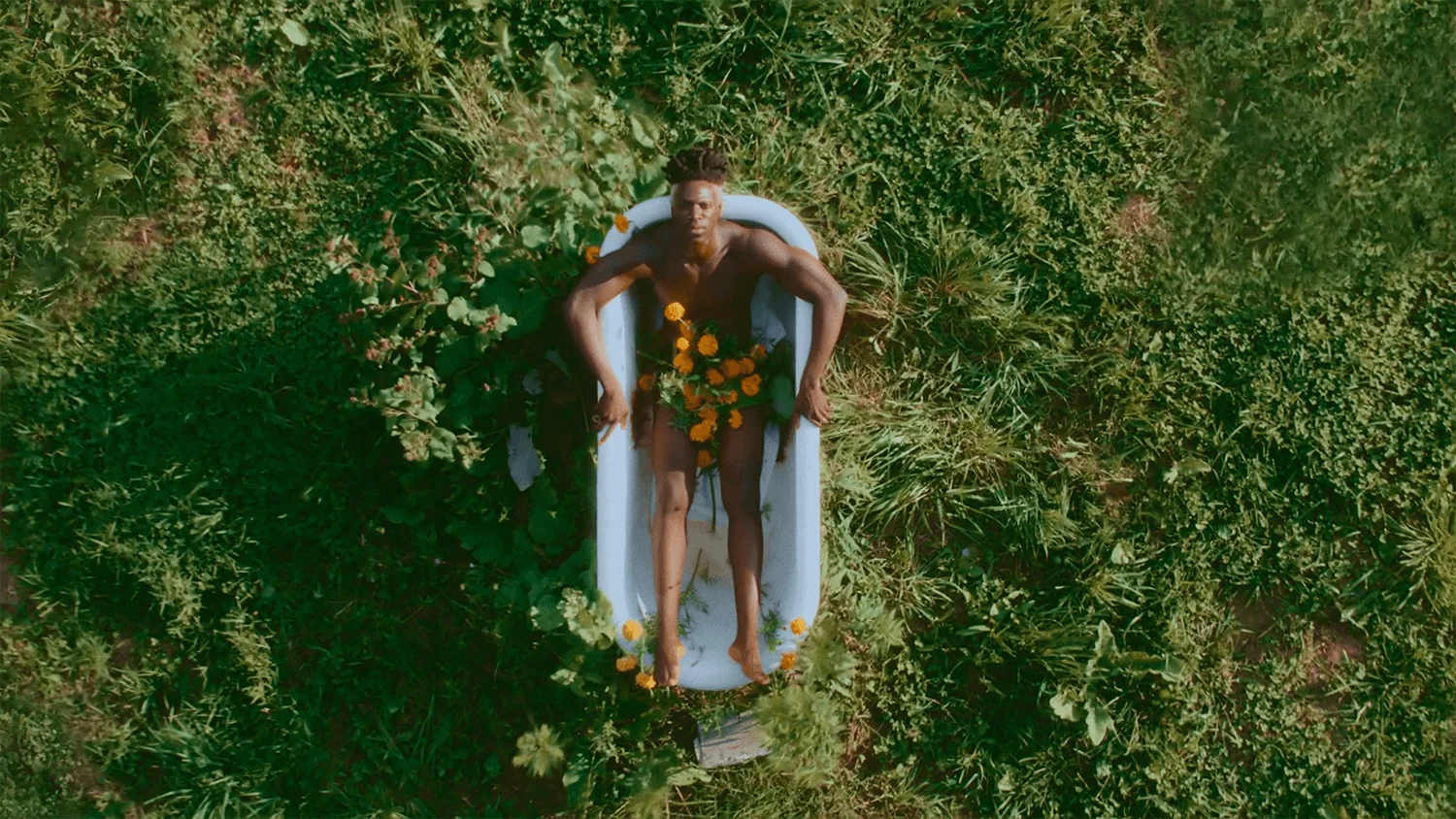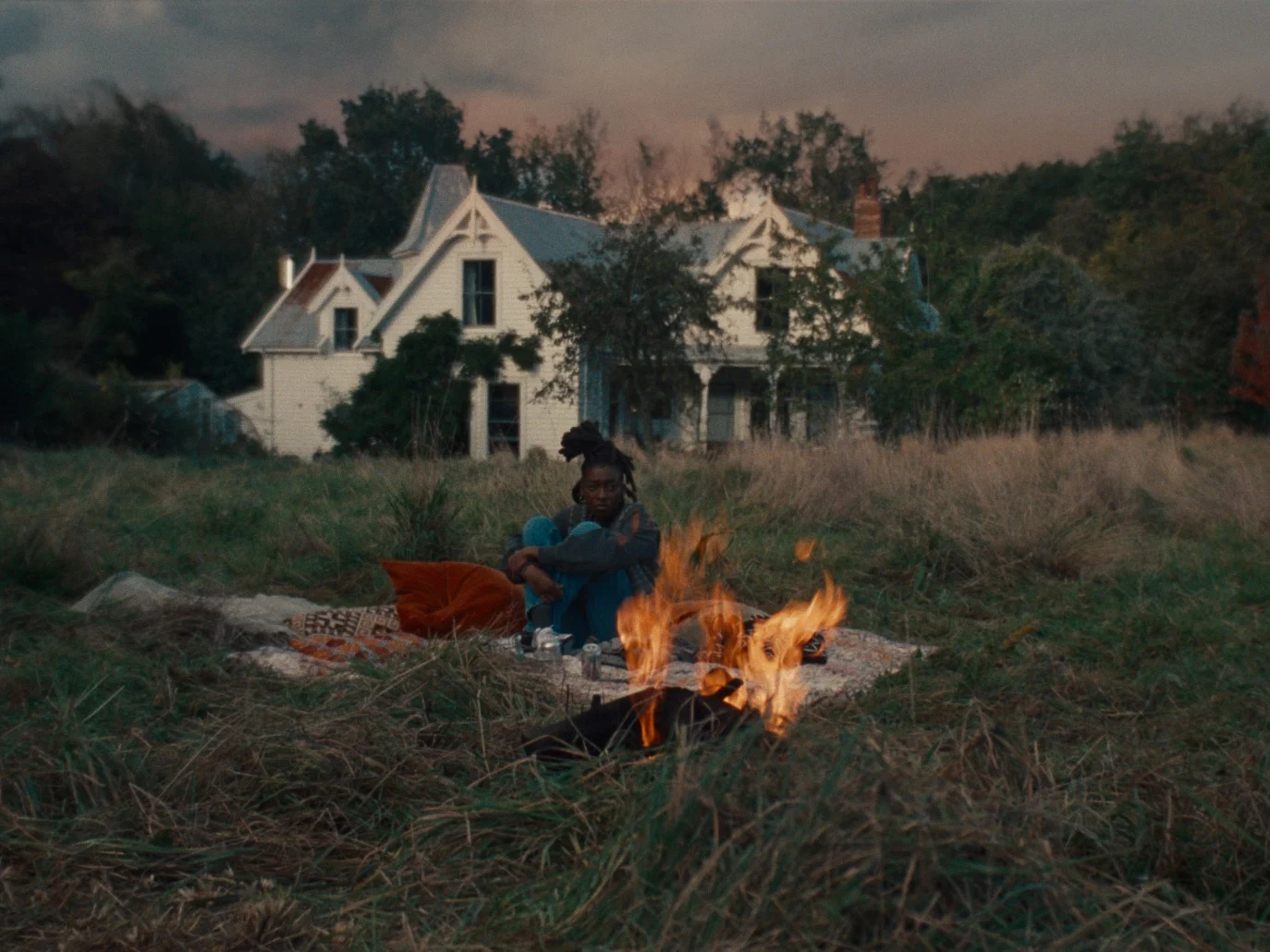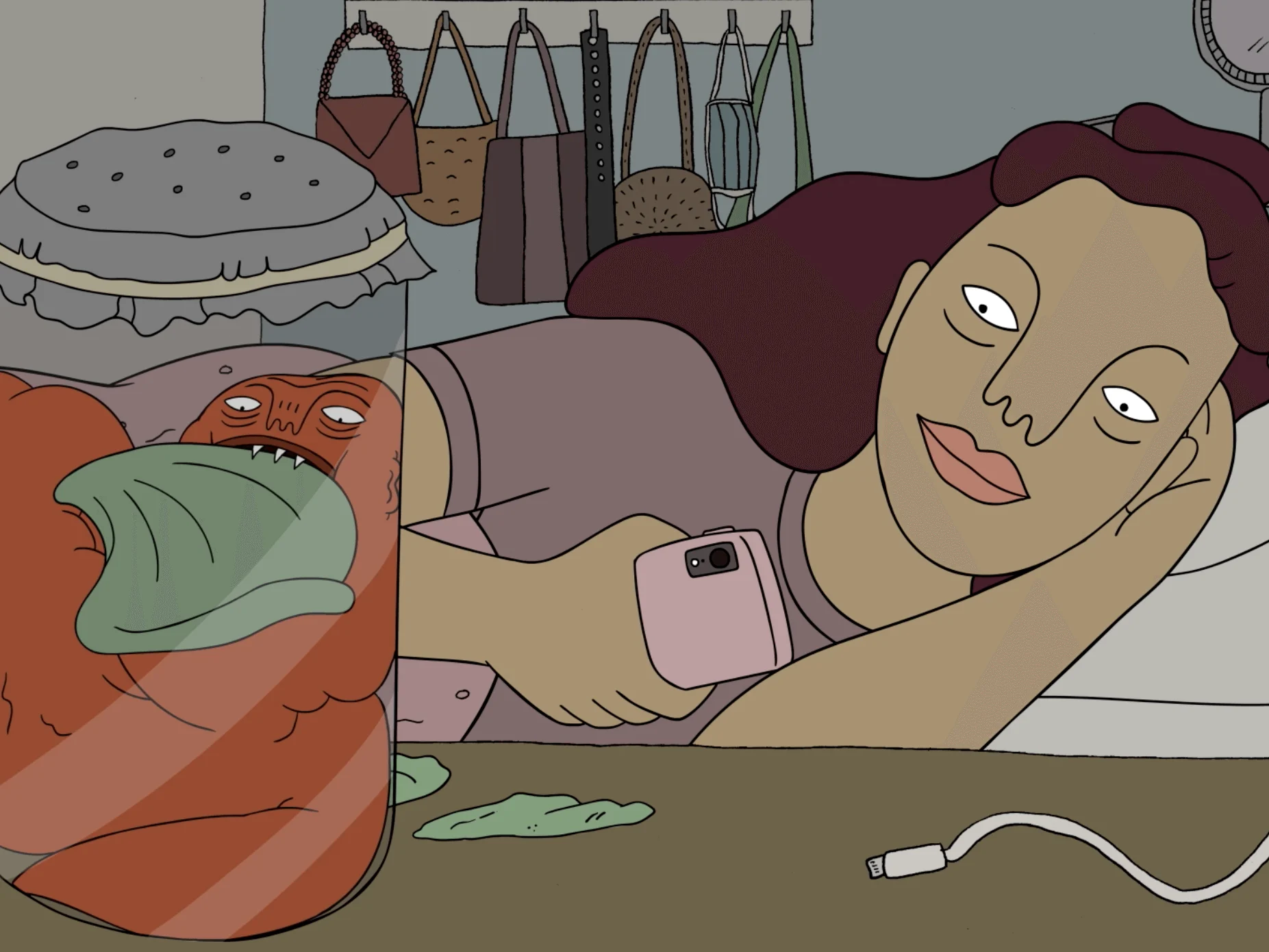
The Score — Aleksandra Bilić’s film is an ode to music and memory
Aleksandra Bilić’s film is an ode to music and memory
In 1992, Maja Bilić and her children fled their home in Sarajevo on what would turn out to be the last flight to Britain from the former Yugoslavia, escaping the violence of the Bosnian War. Among the possessions she left behind was the prized piano she’d cherished since childhood. 30 years later, her daughter Aleksandra—now a filmmaker, writer and producer—has revisited her mother’s complex relationship with both her instrument and her lost home in WePresent commissioned short film “The Score.” Mother and daughter spoke to writer Anna Bogutskaya about how the lockdown project has helped them process the past.
Watch the film below.
The Score is co-distributed by WePresent and The New York Times Op-Docs.
Displacement is an amorphous feeling, an infectious kind of sadness that sticks with you. This feeling permeates Aleksandra Bilić’s documentary short “The Score.”
The film documents her mother Maja Bilić’s emotional reunion with the piano she’d cherished since childhood. The piano had sat undisturbed in her old flat in Sarajevo since 1992, when she and her daughters fled the former Yugoslavia for Britain to escape the Bosnian War. Returning to the city, Maja reminisces about the burgeoning career as a musician she was forced to abandon, and ruminates on feelings of grief, guilt and loss.
But Maja’s story is just the starting point. Under Aleksandra’s direction, “The Score” expands into a processing of the past for both mother and daughter, and an ode to Bosnian War refugees in Britain.
“The Score” was developed and shot during lockdown, after Aleksandra and her partner moved into her mother’s house in Reading. “This project came from wanting to face up to a few things and do it together,” she says over Zoom, with Maja by her side. “Because of the pandemic, we didn’t really go to Sarajevo for a long time, and if we did, it was for a sad reason, like a funeral.”
Aleksandra pitched Maja the idea for “The Score” as soon as it crystallized in her head. “I didn’t want to do anything further ’til I could gauge whether you would want to [participate], because maybe you wouldn’t,” she tells her.
She surrounded herself with a crew of collaborators she had worked with before, with the core priority being Maja’s comfort: “I wanted to make sure my mum's protected from anything negative in this process.”
I can't moan about the start of the new life, but emotionally and psychologically, it was horrendous.
After arriving in the UK in the early 1990s, Maja, a classically trained musician, became a music teacher. Her husband was a journalist, and her mother helped look after the children while they worked. “I can't moan about the start of the new life,” she recalls, “But emotionally and psychologically, it was horrendous.”
Her trusty piano stayed back in the family flat in Sarajevo, which was illicitly taken over by friends of the family. “Unfortunately, it’s something that happened a lot,” says Maja. People often occupied the flats that had been left empty by families fleeing the conflict.
“In one way, fair enough,” Aleksandra adds. “Some people had their flat destroyed, so they had to move in somewhere else… But then there were people who profited from the situation.”
When the family finally got the occupiers out of their flat, they had taken all the Bilićs’ belongings with them. Even bits of the parquet floor were missing, having been burned for warmth during the harsh winters. The piano, however, couldn’t be stolen—it was too heavy, a burden. So it stayed and deteriorated.
To fully explore the emotional connection Maja felt to her piano, Aleksandra asked her mother to compose a piece of original music for the film, which she plays on the newly repaired instrument for the first time on camera, imagining “all my family and friends in the audience along with people who aren't here anymore.” Prior to filming, Maja continues, “my piano was completely unplayable. This was the first time I actually played something, even though it still sounds wounded.
“It had to be something so gentle, so warm, telling different stories…At first I didn’t know how to amalgamate all these stages of the piece, but then it just poured out of my fingers.”
At first I didn’t know how to amalgamate all these stages of the piece, but then it just poured out of my fingers.
During production, Maja was also mourning the loss of her own father, who she hadn’t been able to visit before he died. The film is peppered with his home photographs and scrapbooks (“My dad was a very diligent album-maker”) that stopped abruptly after Maja fled with her two daughters. After they moved to England, they’d send him occasional pictures of their new life in the UK.
“The biggest joy for him,” says Maja, “was to get a photo, especially of these two growing up.”
There is a moment in “The Score,” a simple shot of Aleksandra and Maja having a conversation at their kitchen table, when they switch from English to Bosnian. “Sometimes you find it easier to explain things in English because it’s not you, it’s somebody else. Like you’ve split and it’s somebody else talking about those things. It’s more painful in our language, but also more intimate.”
Before the war, Maja says Sarajevo was “the land of milk and honey. Everybody was helpful and you’re living a happy life, surrounded by family. You’ve got your babies and your job, which you love, and you feel on top of the world. And then, suddenly, everything has disappeared and you have to leave.”
You feel on top of the world. And then, suddenly, everything has disappeared.
When she first watched “The Score,” Maja says “I was quite critical of myself and my inability to control my emotions pouring out. But as I watched it back, I was very touched by the unfolding of all these stories, the mentioning of all these people who are not here anymore, and talking about the whole process.”
Both in the film and throughout our call, Maja and Aleksandra speak about a simmering resentment towards the people who fled Yugoslavia from those who remained—those who would believe their loss was less significant than that of those who stayed behind and bore witness to the war.
“All this time I was pushing everything down, and I felt upset that people didn’t understand my experience or pain. I sincerely feel for the people who stayed behind, [but] I’ve sincerely suffered here as well,” Maja says. “Leaving, in one sense, was a relief for me because my children were not directly exposed to grenades, but…nobody can tell me that you had it easy because you left.”
She continues: “Making the film helped enormously to validate the process we had to go through—that in the best years of my life, I had to leave, and I thought I would never go home.”
“There is a sense of empowerment now that time has passed,” says Aleksandra. “It felt like a natural moment, especially with it being 30 years [since we left] this year. Each story has a time to be told.”
Maja nods in agreement: “I want people to see how proud we are of what we had.”


